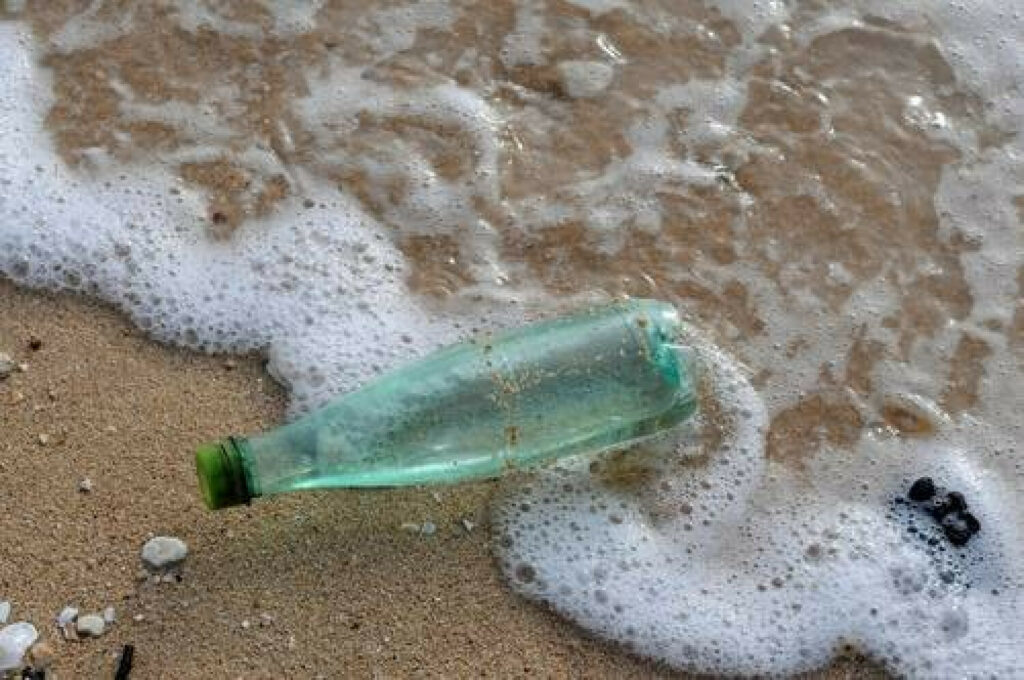
Scientists from the Institute of Physical Chemistry of the Polish Academy of Sciences (IPC PAS) have investigated how microplastics affect the number of bacteriophages in the aquatic environment. The research by a team led by Professor Jan Paczesny has shown that small plastic particles not only release chemicals in the aquatic environment that are dangerous to humans and animals, but also negatively affect different types of bacteriophages responsible for destroying bacteria and maintaining the biological balance in the aquatic ecosystem.
Bacteriophages play an important role in maintaining the balance of bacterial cultures in all aquatic environments, from the ocean to wastewater, destroying up to 40% of bacterial biomass. The results of the IPC PAS team showed that chemical compounds leaking from polymers present in water can inactivate up to half of bacteriophages.
The work on the effects of microplastics on phages was published in the Journal of Environmental Quality.
Read more:









